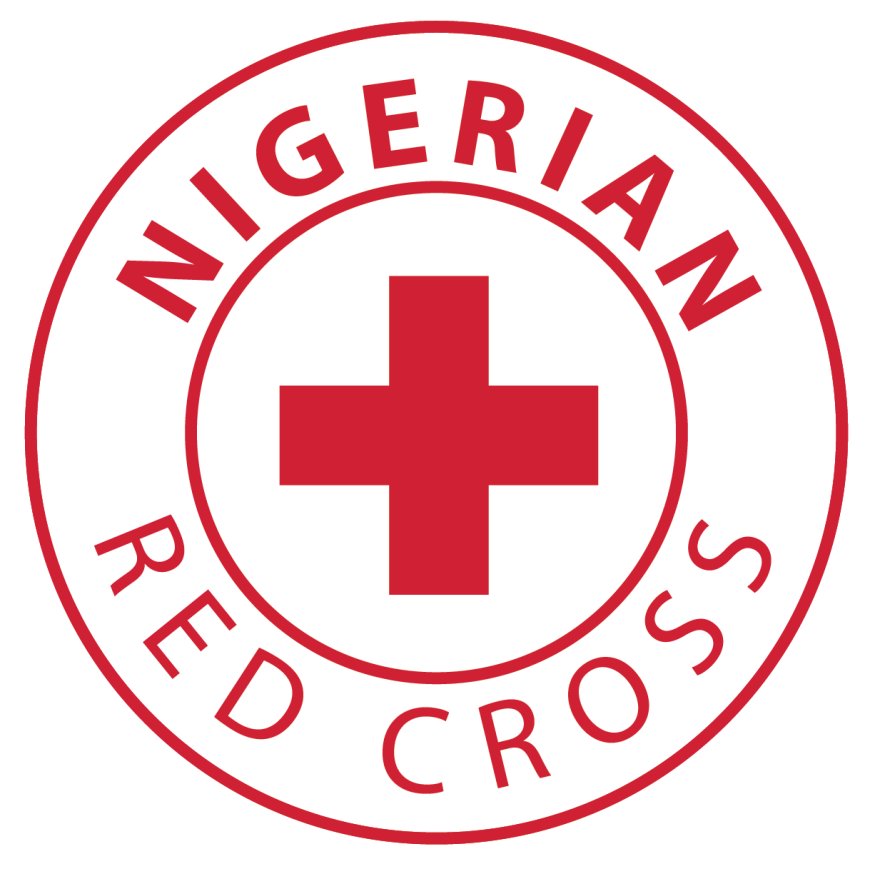Red Cross promotes vaccine awareness to boost immunisation in Anambra

The Nigerian Red Cross Society, Anambra State chapter, has sensitised residents in vulnerable communities — including children, youths, and persons living with disabilities — on the importance of vaccinations to boost routine immunisation across the state.
During the exercise, which began at the Red Cross headquarters in Awka on Wednesday, data collectors were trained as part of the Saving Lives and Livelihoods Project, funded by the Mastercard Foundation and supported by the Africa Centre for Disease Control.
Speaking at the programme, the Anambra State Branch Secretary of the Red Cross Society, Kingsley Okoye, described the six-month project as a critical milestone in efforts to strengthen capacity for preparedness against disease outbreaks.
Okoye noted that the Red Cross had been at the forefront of global vaccination efforts, working tirelessly to increase access to life-saving vaccines. He said that to prevent epidemic outbreaks, the organisation continually takes extraordinary steps to improve vaccine accessibility.
According to him, the society employs innovative approaches such as animations to raise awareness of immunisation and encourage vaccination, reaffirming its commitment to supporting vaccination efforts amid a global decline in vaccine uptake.
He added that the exercise focuses on reaching vulnerable populations, including children, youths, and people with disabilities.
Okoye said, “The project involves capacity building, community engagement, and sensitisation among mothers, children, people living with disabilities, and youths. It is aimed at promoting vaccine awareness, with a focus on integrated vaccine intake.
is designed to address misconceptions and emphasise the benefits of vaccination in improving public health. The organisation is working with local partners such as primary healthcare centres, training healthcare workers and community members to effectively promote and administer vaccines, educating mothers, and partnering with media outlets to amplify the message and reach a broader audience. We are sensitising people to take all recommended vaccines, rather than just one or two.
“We engaged in a house-to-house approach, confidential counselling, and education sessions to personally interact with community members, advocacy meetings, and outreaches with various agencies, groups, and community leaders to encourage vaccine intake and promote vaccine awareness and uptake.”
Okoye further emphasised the critical role of data collection in combating preventable diseases through vaccination.
He said, “We want to see communities that are strong in disease control through vaccination and immunisation, and also to prepare them in case an outbreak occurs, so they can be able to fight it.
“We want all eligible children to be vaccinated against these vaccine-preventable diseases so that there will be no outbreak. We keep telling our society that our vaccines are safe, free, and effective, so let us join hands together to prevent these preventable diseases.”
The event was attended by officials from healthcare development agencies, social mobilisation officers, educators, and other stakeholders.
in August reports that the National and State Primary Health Care Development Agencies, in partnership with the Nigerian Red Cross Society, trained 35 data collectors to boost routine immunisation in three local government areas of Anambra State.
The two-day training, held in Awka, formed part of the second phase of the Saving Lives and Livelihoods Project, funded by the Mastercard Foundation and supported by the Africa Centre for Disease Control.
The data collectors, selected from Anambra West, Ogbaru, and Nnewi North Local Government Areas — identified for their low vaccination coverage — are responsible for gathering data to facilitate immunisation in their communities.
Speaking during the exercise at the Red Cross headquarters in Awka, the Senior Project Officer, Dr Ahmad Abdulmajid, described the project, expected to last six months, as a critical milestone in the country’s efforts to improve preparedness for disease outbreaks.
According to him, the project is being implemented in 10 states across the country, including Anambra.
culled from punch

 admin
admin 


